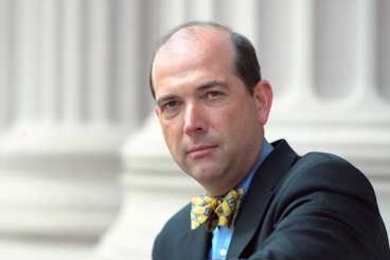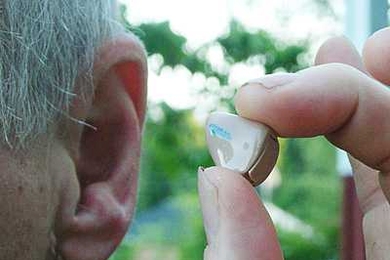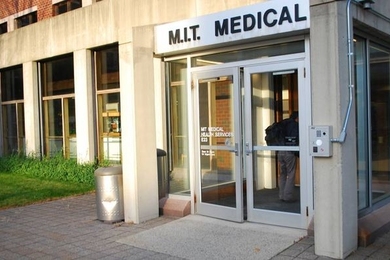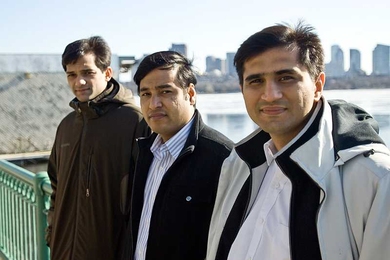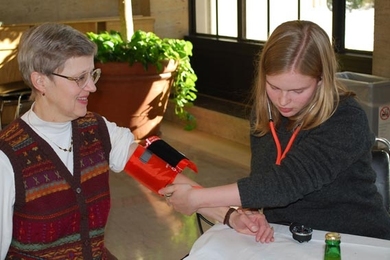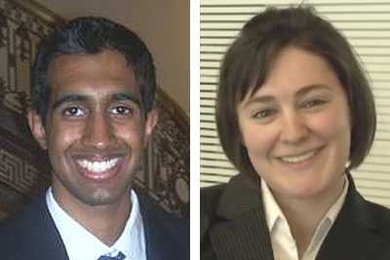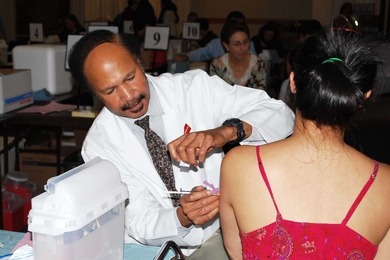‘Tattoo’ may help diabetics track their blood sugar
Chemical engineers are working on carbon nanotubes that could be injected under the skin to reveal blood glucose levels.
More precise food-allergy diagnoses
It turns out that many people mistakenly think they have food allergies. A new technology aims to erase all doubt.
Now hear this
3-D imaging technology could lead to hearing aids that fit — and thus function — better than current models.
Revolutionizing medicine, one chip at a time
Low-power computer chips allow engineers to design wearable and implantable devices to monitor patients.
Medical entrepreneurship, from the bottom up
MIT students aim to bring affordable health care to India’s masses.
HIV tests done at Know Your Status Day
MIT community members got free, confidential HIV testing on Know Your Status Day, held Dec. 1 in recognition of World AIDS Day.
Two from MIT win Marshall Scholarships
Seniors Tanya Goldhaber and Vinayak Muralidhar will pursue graduate studies in Britain beginning next year.
Nearly 2,000 H1N1 vaccine shots given by MIT Medical so far
MIT Medical has administered almost 2,000 doses of H1N1 vaccine during two clinics this month — and more are in the works.


